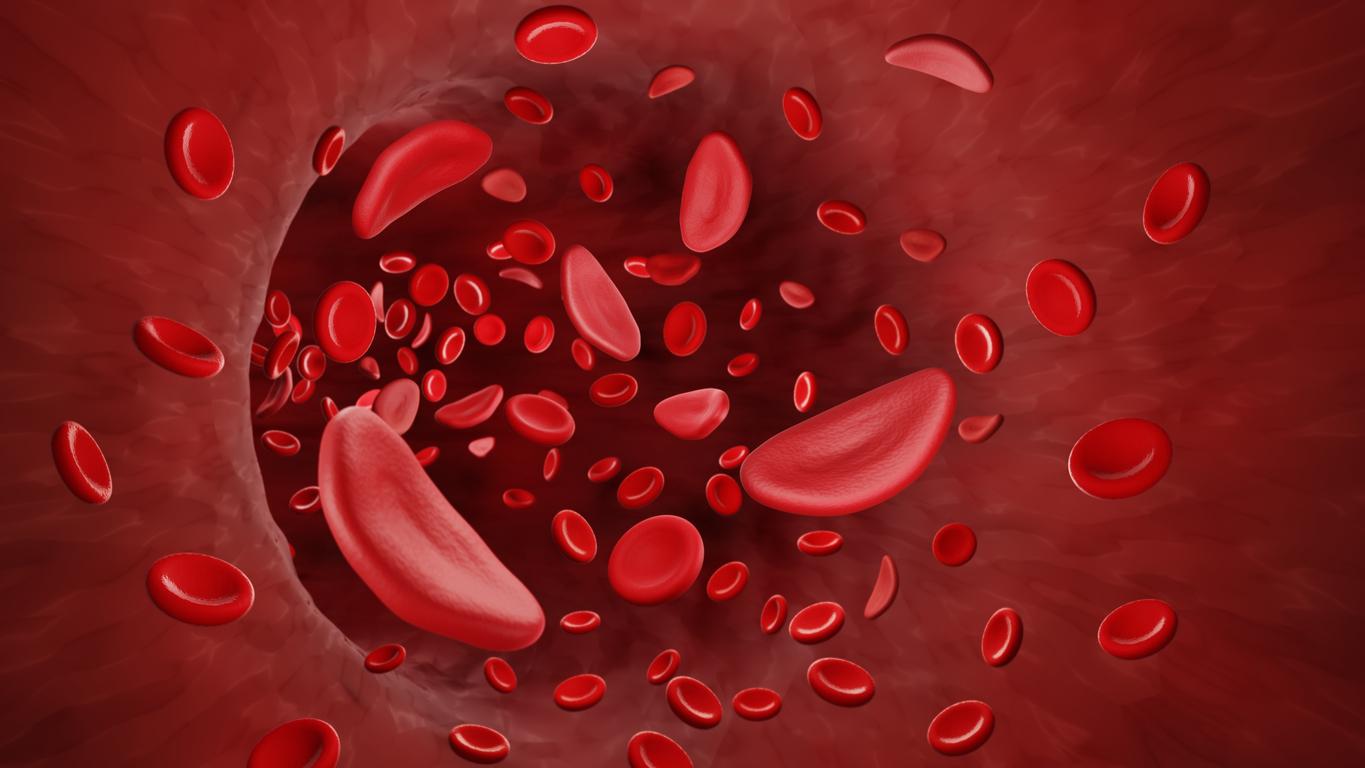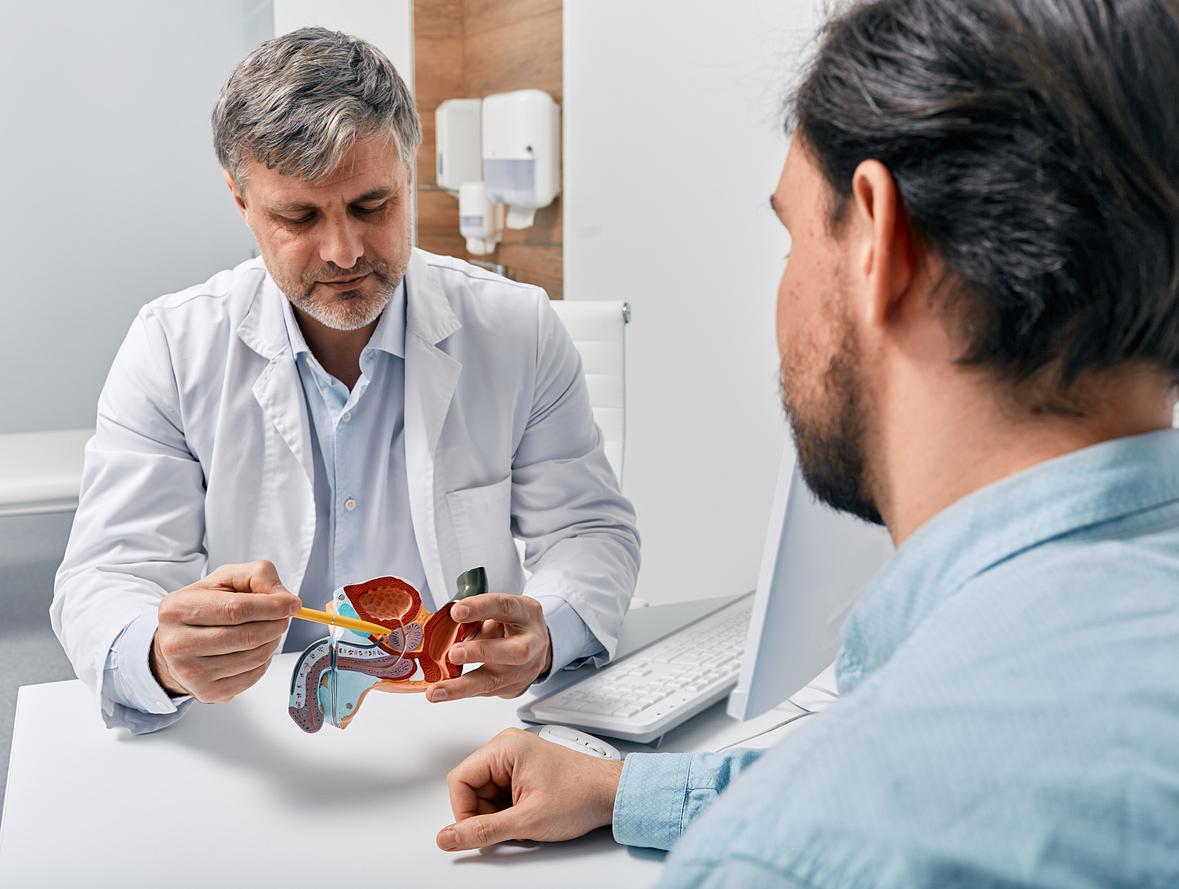As part of the national program, neonatal screening for sickle cell anemia, a hereditary genetic blood disease, will be generalized to all babies born from November 1.

- Sickle cell anemia is a hereditary blood disease caused by the production of abnormal hemoglobin, called HbS, which causes red blood cells to deform and become fragile and rigid.
- From November 1, 2024, all children who will be born will be able to benefit from screening for sickle cell disease.
- The sample is taken, free of charge, at the maternity ward or at home between 2 and 3 days after the birth of the baby.
It is the most common genetic disease at birth. Appearing in Africa and India, then becoming very present in America, particularly in the Antilles and Brazil, as well as in Western Europe, sickle cell disease is a genetic pathology in which both parents are most often healthy carriers of An abnormality of hemoglobin, called hemoglobin S (normal hemoglobin is called hemoglobin A), present inside red blood cells. According to Robert-Debré hospitalboth parents are AS and therefore have a one in four risk of having a sick SS child for each birth.
Sickle cell anemia: “the number of children screened increased from 431 in 2016 to 684 in 2022”
In the context of this disease, also called “sickle cell anemia”, this abnormality of hemoglobin, which transports oxygen from the lungs to the tissues, results in the deformation of the red blood cells which lose their rounded shape and become more fragile. . “This is the phenomenon of sickling.” According to the General Directorate of Health (DGS), 684 major sickle cell syndromes have been detected and confirmed, representing an incidence of 1 in 1,065 people in the general population in France. The incidence of this pathology, responsible for high morbidity and a significant reduction in survival, continues to increase. For proof: “the number of children screened with sickle cell syndrome increased from 431 newborns screened in 2016 to 684 in 2022.”
All children born on or after November 1, 2024 will be screened for sickle cell disease
This is why, on October 29, the DGS announced, in a press release that screening for sickle cell disease will be extended to all infants. “The regional neonatal screening centers will be responsible for deploying this generalization of screening throughout the territory for all children born on or after November 1, 2024, in conjunction with the national neonatal screening coordination center and the regional health agencies,” she clarified. This generalization of screening for this genetic pathology, which can manifest itself from the age of 3 months, is part of the dynamic of strengthening the national neonatal screening program, which aims to detect and treat rare diseases early. and severe.
The latter is carried out in the maternity ward, sometimes at home, by taking drops of blood on a blotting paper, after a small prick in the newborn’s heel or hand. It is systematically offered with parental consent. Performed free of charge, the sample is taken between 2 and 3 days after birth. “In 2022, more than 728,000 children will have benefited from this screening.” According to the Directorate General of Health, other rare and serious diseases should also be detected in 2025 as part of the program.

















